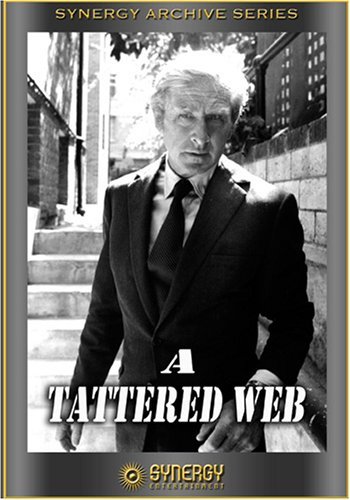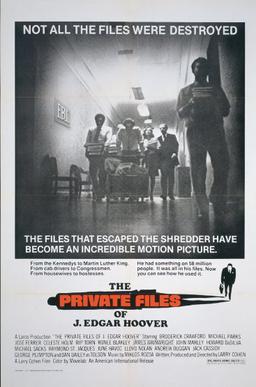Welcome to Late Night Retro Television Reviews, a feature where we review some of our favorite and least favorite shows of the past! On Mondays, I will be reviewing CHiPs, which ran on NBC from 1977 to 1983. The entire show is currently streaming on Freevee!
This week, Ponch gets bowling fever!
Episode 1.9 “Hustle”
(Dir by Georg Fenady, originally aired on November 24th, 1977)
Life is a hustle when you work for the California Highway Patrol.
Ponch and Baker deal with a lot of things over the course of this episode. While pursuing two motorcycle riders who are suspected of holding up a grocery store, Ponch gets a cigarette tossed on him by a passing motorist. The suspects turn out to be two women who were just out for an afternoon ride. They seem to be pretty amused by the whole thing, despite the fact that Baker roughly frisked them as soon as they pulled over. Luckily, the sight of the hole that was left on Ponch’s uniform by the cigarette (and the boxers underneath) gives everyone an excuse to laugh.
This is not the best time for Ponch to have a wardrobe malfunction because he’s due in court. Ponch gave a ticket to Sidney Engelhart (Marty Ingels) but Sidney claims that the only person who is guilty of reckless driving is Ponch. Sidney tries to prove his point by basically stalking Ponch while he does his job.
While Ponch deals with his stalker, Baker pulls over a car being driven by veteran screen actor Broderick Crawford. Ponch is totally excited to see Crawford but Baker is fairly nonchalant about the whole thing. When his pen runs out of ink, Baker borrows Crawford’s gold fountain pen and then forgets to return it to the actor, which leads to Baker getting called out at the next morning briefing.
Meanwhile, there’s a huge car accident that leads to Ponch and Baker saving a mother and her baby from a live electrical wire. Baker also pulls over a man driving a car that only has three wheels and, of course, there are the grocery store robbers to deal with.
And yet, for everything going on, Ponch’s main concern remains the department’s bowling tournament. As has been a consistent theme so far during the first season of CHiPs, Ponch’s main concern continues to be doing things that don’t have much to do with his actual job. Whereas Baker comes across as if nothing makes him happier than writing a speeding ticket, Ponch often seems to view policework as something to do until something better comes along. On the one hand, this does not make Ponch a particularly effective cop. We’re only 9 episodes into the series and I’ve lost count of the number of times that he’s had to go back to the trailer park to change his uniform. On the other hand, it is probably a realistic portrayal of how most people view their jobs. Ponch does enough to get by.
As for the episode itself, this was another “day-in-the-life” style episode. So far, the first season of CHiPs has been dominated by rather loose plotting. Ponch and Baker just ride and see what type of trouble they can find on the highways. As for the bowling subplot, Baker turns out to be a surprisingly competent bowler and Ponch plots to win a lot of money from his fellow officers. But then Baker sprains his bowling fingers and it looks like Ponch is once again out of a small fortune. Poor Ponch, he is fortune’s fool!
(I actually have gone bowling a few times. I’m not any good at it but I’ve been told that the important thing is to jump up and down regardless of what happens.)
This Hustle, I would give a solid B. The scenery was nice. There was an exciting motorcycle chase at the start of the show. The episode was a pleasant-enough diversion, albeit not one that leaves a huge impression afterwards.









